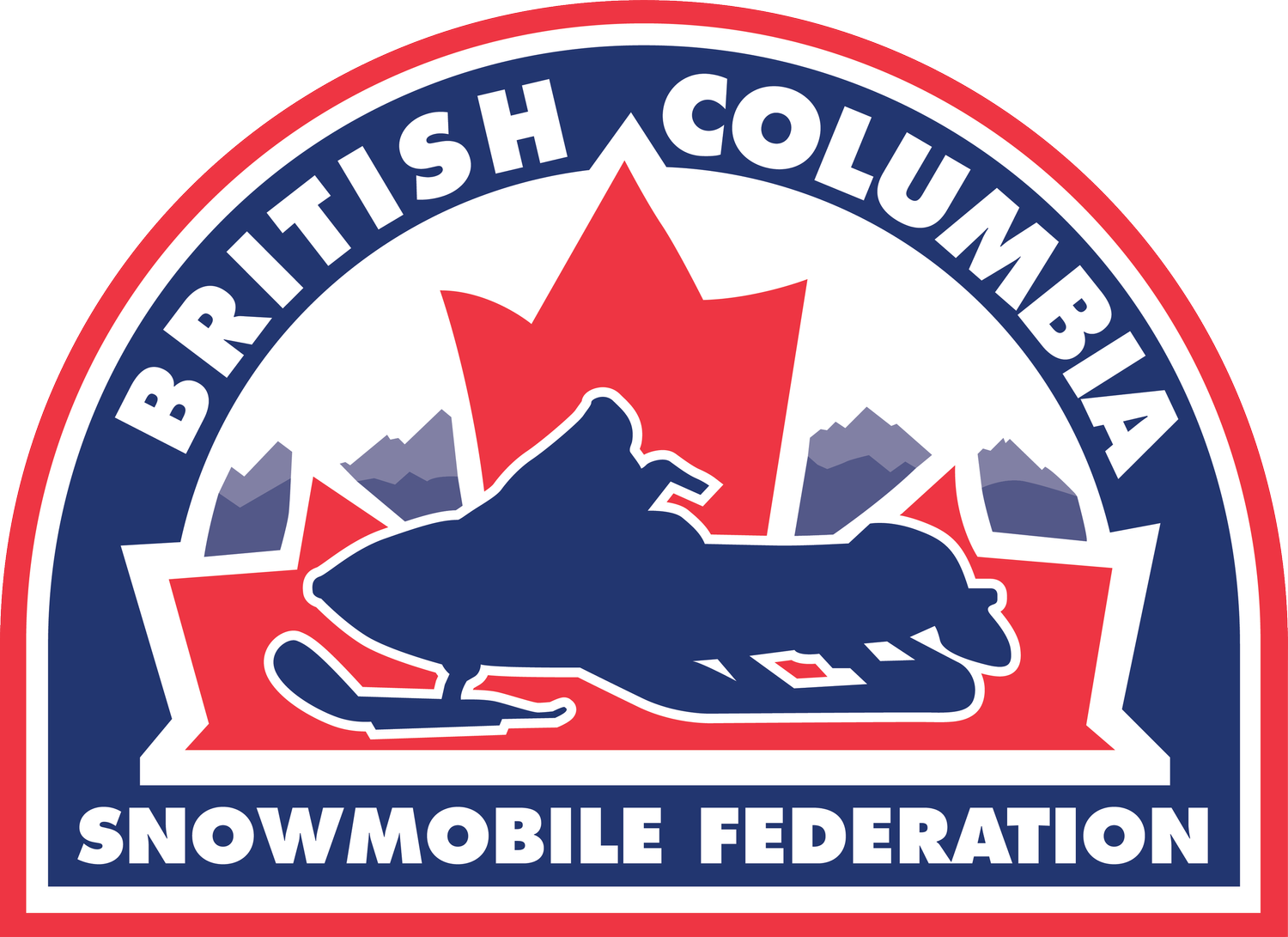BC Government Asks Sledders For Help With BC Moose Winter Tick Survey
Now in its eighth year, the BC Moose Winter Tick Surveillance Program relies on help from BC snowmobilers to report observations of healthy (no hair loss) and infected (with hair loss) moose.
Hair loss is caused by “Winter Ticks” on moose. The Moose Winter Tick Surveillance Program wants to collect observations to monitor the number of animals with or without hair loss and the amount of hair loss on each animal to estimate winter tick prevalence and distribution. This program occurs on an annual basis. Please find the latest report HERE.
Winter ticks are a significant parasite for moose populations and can contribute to moose declines in parts of their range, including BC. So, it is an important health factor to monitor, particularly with climate change and alterations to moose habitat. The findings of the surveillance program will contribute to the Provincial Moose Research Program, which was initiated in 2013 to investigate factors influencing moose populations in BC.
Winter tick infestations can be observed on moose from January through April. The ticks spend the entire winter on one moose and there can be as many as tens of thousands on one individual. As the female ticks become adults they feed on blood in late winter and the irritation causes moose to scratch and groom themselves excessively, resulting in hair loss. The extent of the hair loss is a rough indicator of how many ticks are present and can be observed easily from a distance. We know that tick infestations can result in behavioral changes or direct health impacts that may reduce moose survival.
We hope that you may be interested in contributing to this surveillance program by recording your observations of both healthy and infected moose during the winter and spring.
How to submit a survey:
There are several methods of documenting moose observations. Please choose the methods that are most convenient for you.
Online survey. Simply go to www.gov.bc.ca/wildlifehealth/mooseticksurvey and click on “Complete the online form” on the right side of the page.
Email printed forms. If you find it easier to use hard copies instead, please simply print the file HERE and fill it in. You can send an scan or clear picture of the file to: FLNRMooseTickSurvey@gov.bc.ca. You can also download the form from the website above.
An electronic .PDF version of the moose winter tick survey that can be filled in on your mobile device and/or tablet. Please download the free Acrobat Reader App for iOS, Android, Blackberry and Windows devices. On your mobile device, please download the survey attached to this email or from the website above and open the survey using Adobe Acrobat Reader.
Mobile Application: Please use one of the following methods to download the app onto your device. This app uses ESRI (Environmental Systems Research Institute, Inc) software. ESRI is a well-known company based out of Toronto that develop and deliver GIS (Geographic Information System) services and solutions. See more at: http://www.esri.com/products/survey123 or https://esri.ca/en/company/about-us. You do not require a username or password to use this app and complete a survey. Please ensure you have the updated version of this app, if you used it last year.
How to download the app:
a. On your iOS Products including Apple iPhone and iPad, open the App Store and search for "Survey123" by ESRI.
OR
On your Android device open the "Google Play Store" App and search for "Survey123" by ESRI.
b. Download the app, but do not open it yet.
c. Click on the following link. https://arcg.is/DLHOO
d. Follow the prompts.
e. You should now be viewing the survey form.
Apple users: For initial setup, a notification should pop up asking for the app to use your location services. Please accept this as it makes the map more functional.
Contact Information:
If at any time you find yourself having trouble with downloading, using or sending the survey form, or for general questions, please feel free to contact us using the contact information below.
Phone: 778-576-8899
Email: FLNRMooseTickSurvey@gov.bc.ca
Website: www.gov.bc.ca/wildlifehealth/mooseticksurvey
It would be great if you could carry this survey with you while you are out in the field this winter/spring when tick infestations become visible. Please document all moose observations, from January 1, 2021 to April 30, 2021, regardless of hair loss or not. Also, it would be appreciated if you could distribute this email to anyone who will be spending time in the field this winter/spring

